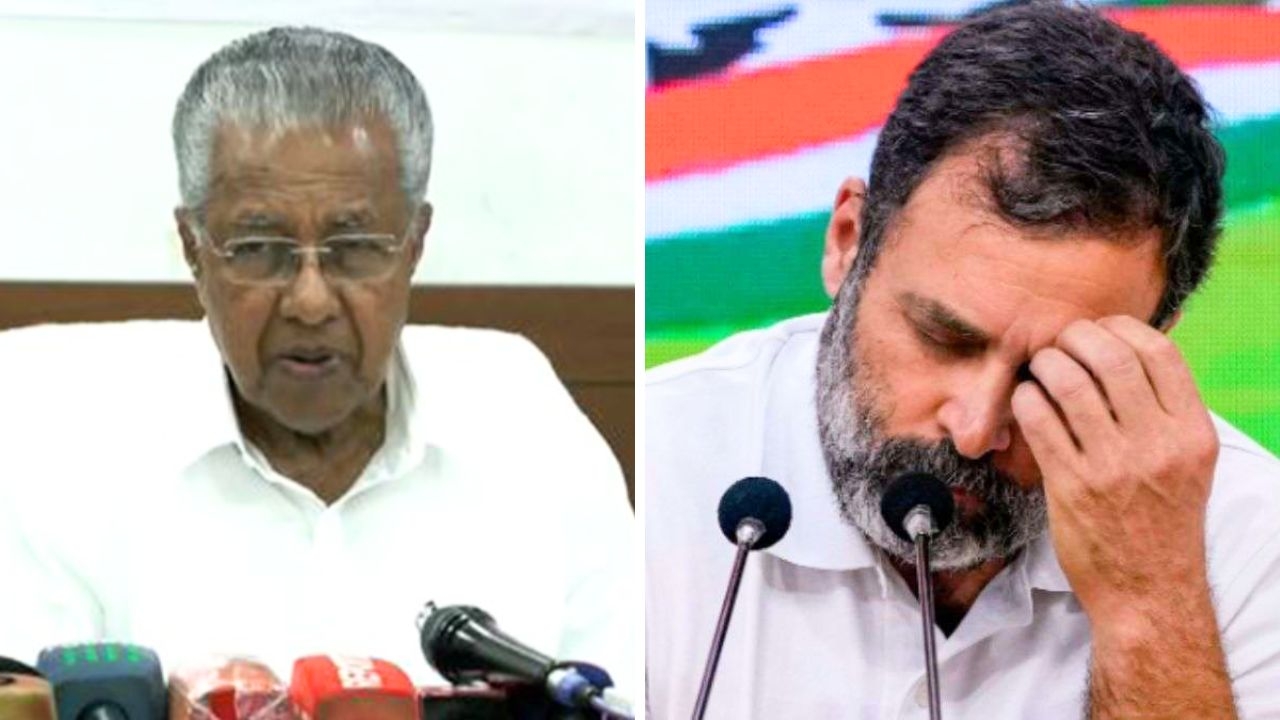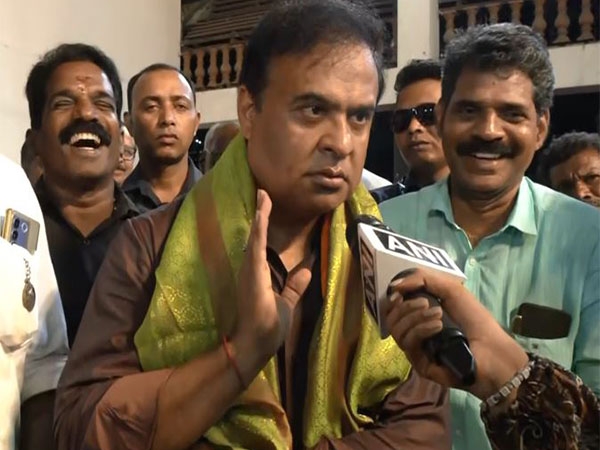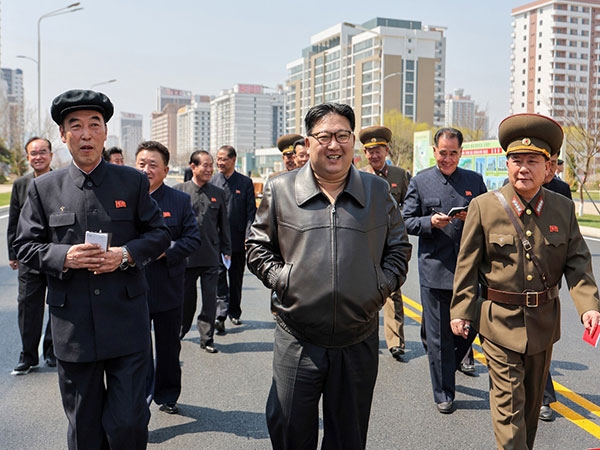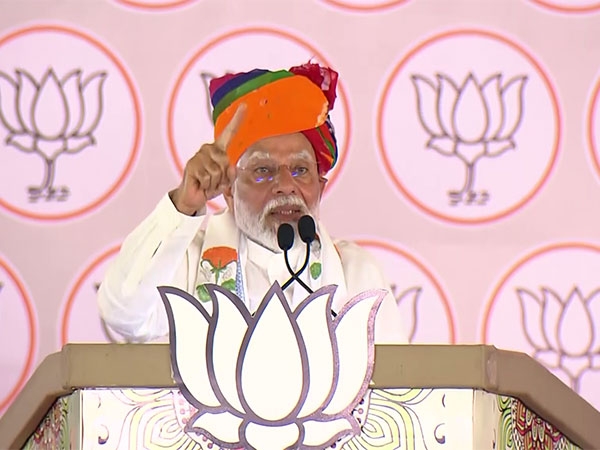
The upside
- Modi\'s communication with the bureaucracy has been faultless.
- After a long time there\'s a PM who meets his bureaucrats regularly.
The flipside
- The one-to-one relationship Modi had with the bureaucracy in Gujarat is impossible in Delhi.
- His interaction is limited to a select few. This creates coteries.
- His direct presidential-style relationship with secretaries weakens the concept of collective responsibility of the Cabinet.
- Unlike AB Vajpayee, Modi doesn\'t have a Brajesh Mishra.
- His relatively weak PMO can\'t cope with its expanded role.
The solution
- Modi should revamp his cabinet with more capable ministers.
- He should devolve power instead of centralising it.
- He should give administrative reforms the same importance as economic reforms.
- Cabinet must be revived as an active forum for discussion and not treated as a rubber stamp for decisions taken by a coterie.
Prime Minister Narendra Modi has a remarkable ability to say the right thing at the right time - and with sincerity and conviction. His communication with the bureaucracy has been faultless.
After a long time there is a Prime Minister who meets his bureaucrats regularly, encourages better communication, is receptive to new ideas and conveys a sense of energy and purpose.
Gujarat isn't Delhi, Mr PM
These qualities stood him in good stead in Gujarat and he probably thought, and continues to think, that the right kind of inspiration can breathe new life into a hibernating bureaucracy. And therein lies the rub.
The government of India is not the government of Gujarat. There is the obvious difference of size and scale. The one-on-one relationships a chief minister can have with his bureaucracy in Gandhinagar is impossible in New Delhi. Perforce, such relationships get limited to a select few and that encourages the emergence of coteries and kitchen cabinets.
While these are early days, already there are some ministers and secretaries who are seen as being more important than the others primarily because they are associated with the initiatives which are closer to the Prime Minister's heart. There is nothing wrong with that, except that in very little time they will become separate centres of power and start controlling access gateways to the PM.
In a situation where the power to say 'yes' is centralised this erodes the capability of the less privileged among the secretaries to deliver. This makes governance a patchy affair. This is already beginning to happen.
Unlike Gujarat where governments have always been relatively compact and have modelled themselves on lean and efficient private businesses with an entrepreneurial work culture, the government of India is a slothful, hormonally imbalanced leviathan.
What happened to 'Minimum Government, Maximum Governance'?
Almost 40% of the departments/ministries have far outlived their utility and exist simply because no one has had the will to do away with them. This bureaucratic deadweight is a massive drag on the system and actually perverts the most well intentioned plans.
The major surgical overhaul that one expected has not happened and one of the snappier slogans that Modi provided in 2013/2014 of 'Minimum Government, Maximum Governance' seems to have been completely forgotten. New fiefdoms have begun emerging even as the older ones continue their parasitic existence.
The danger with an obese bureaucracy is that it can never maintain the pace of change that the prime minister expects of it. Since scant attention has been paid to shedding weight and radically reforming systems and processes, there is excessive reliance on the prime minister's personal motivational skills to infuse new energy.
Unlike Gujarat where governments have been compact, the Centre is a slothful, hormonally imbalanced leviathan
The response of the bureaucracy is inevitably sluggish. Sooner or later, even the most energetic leader begins to feel frustrated. Blame games begin; motivational efforts are replaced by frenetic monitoring so that the bureaucracy spends more time making departmental presentations and filing various reports to several monitors, and the prime minister, the prime minister's office (PMO) and the Cabinet Secretariat spend more time conducting reviews rather than facilitating or empowering officers to deliver. Fear of the adverse replaces the desire to excel. This too is beginning to happen.
It does not help that after a decade of the Accidental Prime Minister's rule, Modi inherited a bureaucracy which at the top was and is lacklustre, pedestrian, amoral, pusillanimous and intellectually bankrupt. The prime minister had the opportunity to bring in a new look top team of civil servants and professionals but that has been frittered away.
Pitfalls of a presidential-style leadership
Even his PMO lacks the kind of self-assured decisiveness a Brajesh Mishra brought to the Atal Bihari Vajpayee PMO. It was known that taking up a matter with Brajesh Mishra in the PMO was as good as taking it up with the PM himself - because he functioned as Vajpayee's alter ego. Not so now. A relatively weak PMO with centralisation of power and expanded responsibilities is a recipe for eventual failure.
Over the years, successive governments have either ignored or intentionally weakened several institutions of governance. And this government is no different. One such weakened institution is the institution of the Cabinet and the Cabinet Secretariat.

Modi needs a machete to cut through Delhi's bureaucracy. Photo: Robert Nickelsberg/Getty Images
The Constitution envisages the Cabinet to be composed of equals with the PM being only 'primus inter pares'. This means three things.
One, that a good and effective government requires powerful ministers who command authority on their own and not derive it from their proximity to the prime minister.
Two, that deliberations and decisions by the cabinet as a collective are more important than decisions by a PM and his coterie.
And three, that the Cabinet Secretariat rather than the PMO is the principal instrument of oversight, of inter-departmental coordination and of providing the enabling environment for the bureaucracy to perform and excel.
A weaker PMO with centralisation of power and expanded responsibilities is a recipe for eventual failure
On all three counts the Modi government is extremely vulnerable. By sending the message that the PM prefers a direct presidential-style relationship with the secretaries, he weakens the concept of collective responsibility of the Cabinet and confuses the minister-secretary relationship in a way that both have to constantly perform a tightrope walking act.
The Cabinet Secretariat, headed by someone who is on six month temporary extensions, tries to sniff out an appropriate role for itself in a messy power sharing arrangement with the PMO, rather than being the designated clearinghouse of ideas and policy initiatives and the institution which is meant to take the final call on purpose, process and people. Adding to the institutional confusion is the NITI Aayog. No one really knows where and how it fits in.
All this has created a hiatus between words and action which can prove fatal.
So what should Modi do?
He should induct a fresh team of senior and experienced ministers who have the confidence of being their own masters. Task an empowered Cabinet Secretary to give each minister a team of civil servants with a proven track record of being bold, creative and fearless.
Give each ministry vastly expanded space to manoeuvre, revive the Cabinet as an active forum for candid discussion, careful deliberation and responsible decision making not being a rubber stamp for decisions taken by a coterie.
Shrink the PMO while expanding the Cabinet Secretariat; do a zero based audit of the utility of all Departments and Ministries and surgically remove the flab. Use outcomes budgeting as an instrument of management.
Devolve financial and administrative powers massively down the line and give to administrative reforms the same importance as one would to economic reforms.
Your serve, Mr Prime Minister.
The views expressed here are personal and do not reflect those of the organisation.
First published: 23 May 2015, 15:56 IST





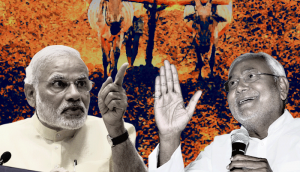
![BJP's Kapil Mishra recreates Shankar Mahadevan’s ‘Breathless’ song to highlight Delhi pollution [WATCH] BJP's Kapil Mishra recreates Shankar Mahadevan’s ‘Breathless’ song to highlight Delhi pollution [WATCH]](http://images.catchnews.com/upload/2022/11/03/kapil-mishra_240884_300x172.png)

![Anupam Kher shares pictures of his toned body on 67th birthday [MUST SEE] Anupam Kher shares pictures of his toned body on 67th birthday [MUST SEE]](http://images.catchnews.com/upload/2022/03/07/Anupam_kher_231145_300x172.jpg)


